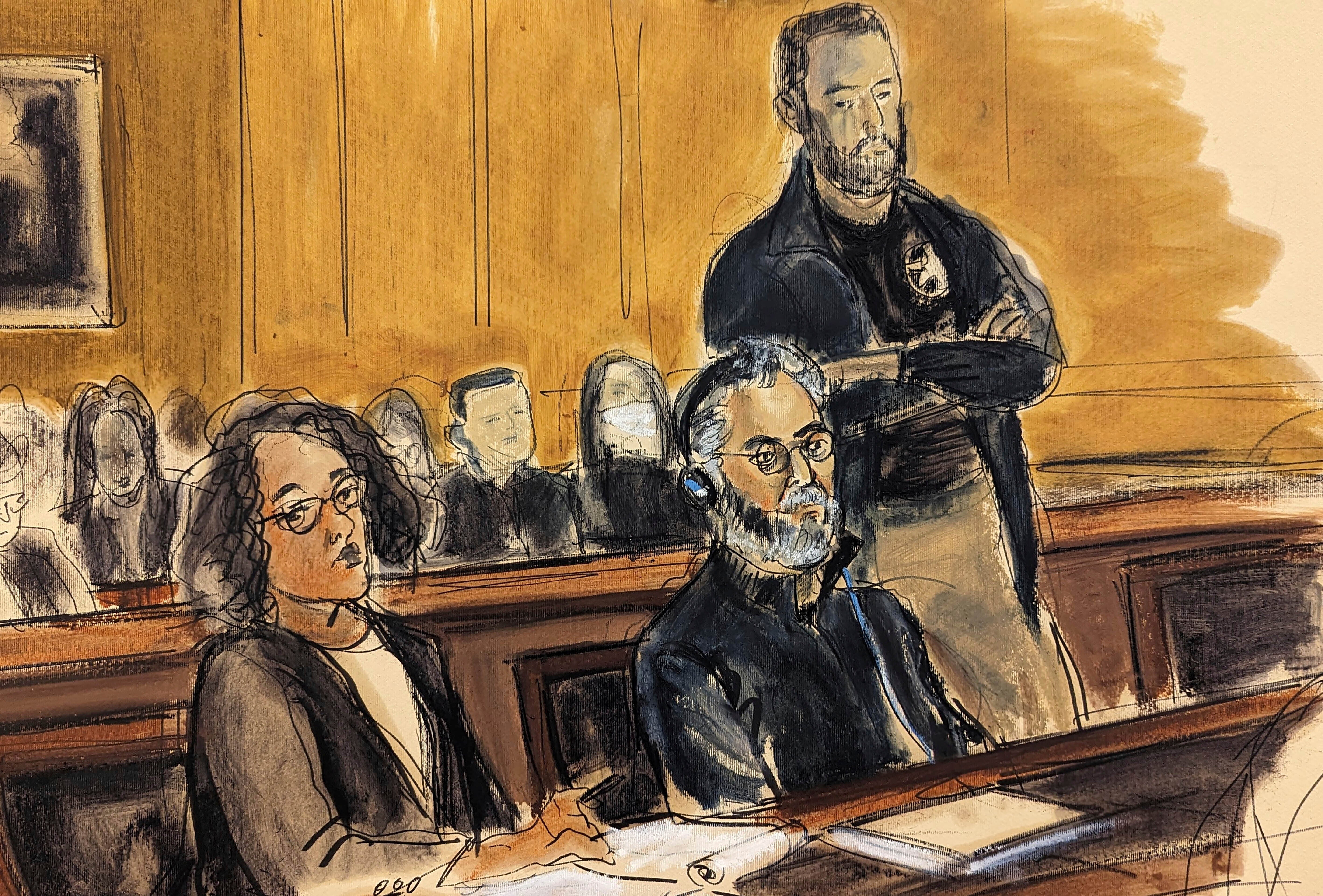US appeals court rejects bail for Chinese businessman awaiting fraud trial
A U.S. federal appeals court has rejected a bid for bail by a self-exiled Chinese businessman awaiting trial in a $1 billion fraud case

A self-exiled Chinese businessman awaiting trial in a $1 billion fraud case will remain behind bars after an appeals court on Wednesday rejected his request to override a lower court's finding that he might flee or harm the community if he were to be freed.
The 2nd U.S. Circuit Court of Appeals in Manhattan said in a two-page order that Guo Wengui's lawyers had failed to convince a three-judge panel that Judge Analisa Torres made a clear error in refusing to accept a $25 million bail package proposal in April.
Torres said she didn't trust that Guo, listed in court papers under the name Ho Wan Kwok, would obey court orders if he was released on strict conditions including GPS monitoring and a 24-hour armed guard. She also wrote that he posed a threat to the community.
Guo, who was arrested in March, has pleaded not guilty to charges including wire and securities fraud. Prosecutors said he fleeced thousands of investors in too-good-to-be-true offerings that promised outsize profits for investors in his media company, GTV Media Group Inc., his so-called Himalaya Farm Alliance, G’CLUBS, and the Himalaya Exchange.
He allegedly used proceeds from the five-year fraud scheme starting in 2018 to buy extravagant goods and assets for himself and his family. Prosecutors say he has a 50,000-square-foot mansion, a $3.5 million Ferrari, two $36,000 mattresses and a $37 million luxury yacht.
His lawyers, though, say he is broke.
Guo was once thought to be among the richest people in China before he left in 2014 during a crackdown on corruption that ensnared individuals close to him, including a top intelligence official. Chinese authorities have accused Guo of rape, kidnapping, bribery and other offenses.
Guo has said those allegations are false and were meant to punish him for publicly outing corruption and criticizing leading figures in the Communist Party.
While living in New York, he became a fierce critic of the ruling Communist Party in China and developed a close relationship with former President Donald Trump's onetime political strategist Steve Bannon. In 2020, Guo and Bannon announced a joint initiative to overthrow the Chinese government.
Bookmark popover
Removed from bookmarks